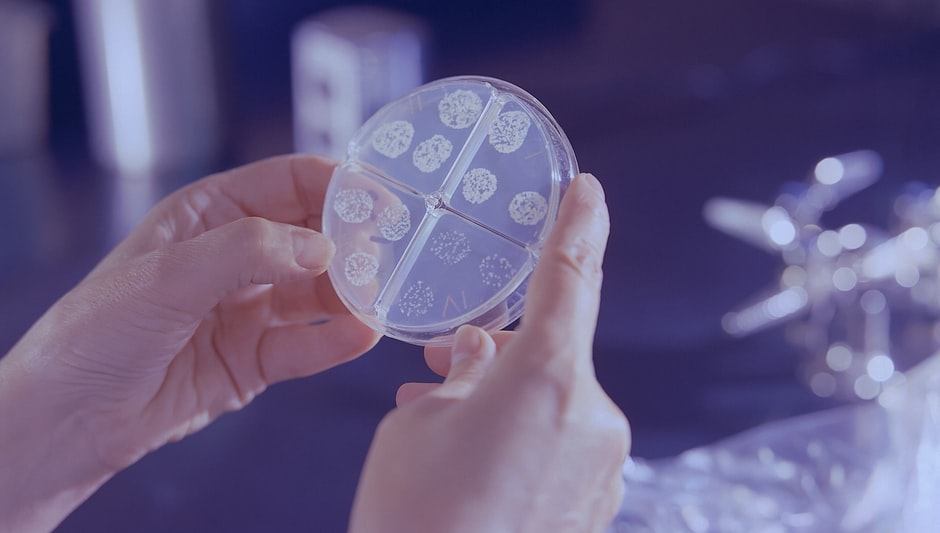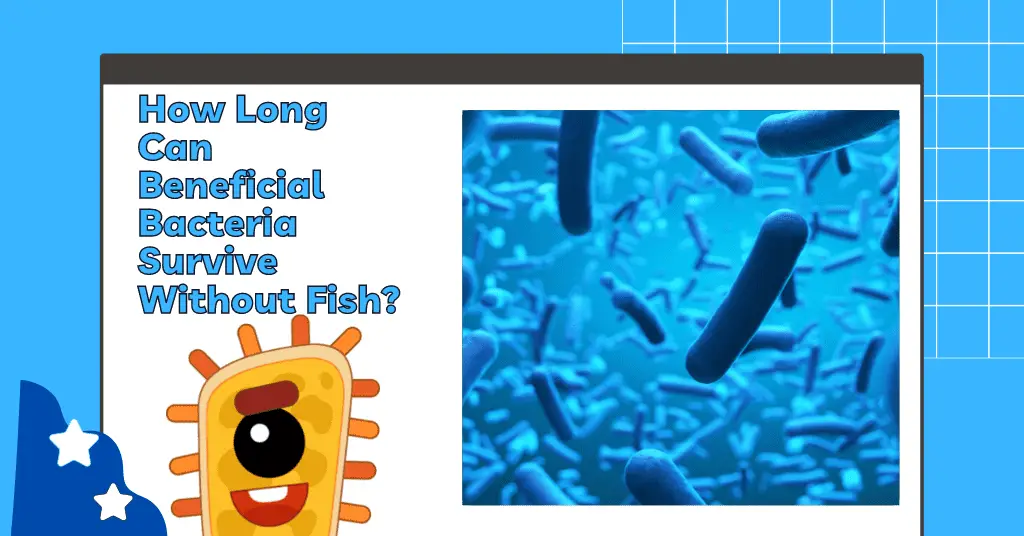How Long Can Beneficial Bacteria Survive
Bacteria are everywhere, and whether we like it or not, they play a big part in our lives. Some bacteria are harmful, while others are beneficial. In this post, we will discuss how long can beneficial bacteria survive and why it matters.
The Pain Points of Beneficial Bacteria Survival
Beneficial bacteria are essential for many things, including maintaining a healthy gut, breaking down organic waste, and keeping water clean. Without these bacteria, we would face numerous problems. Unfortunately, many factors can affect the survival of beneficial bacteria, leading to concerns about their lifespan and effectiveness.
How Long Can Beneficial Bacteria Survive?
As with most bacteria, the lifespan of beneficial bacteria depends on several factors, including temperature, humidity, and nutrients. In general, beneficial bacteria can survive for a few days to several weeks, depending on these conditions. However, some strains of bacteria can remain viable for several months or even years.
Main Points and Keywords Summary
Beneficial bacteria are crucial for our health and the environment around us. However, their survival depends on different factors, making it challenging to estimate their lifespan accurately. Factors such as temperature, humidity, and nutrients affect how long they can survive, but some strains can remain viable for several months up to years.
Personal Experience: The Importance of Beneficial Bacteria Survival
As someone who has dealt with gut issues in the past, I have learned how vital beneficial bacteria are. They help us break down food, absorb nutrients, and maintain a healthy immune system. However, when our gut microbiome is imbalanced, it can lead to numerous issues. That is why it’s essential to have a healthy population of beneficial bacteria and ensure their survival.
How Beneficial Bacteria Can Survive Without Fish
Many aquarium hobbyists wonder how long beneficial bacteria can survive in their tanks without fish. The answer depends on several factors, including the type of filter, the amount of organic waste in the tank, and the temperature. In general, beneficial bacteria can survive for several days or even weeks without fish. However, they need a continuous source of ammonia to maintain their population.
The Role of Ammonia in Beneficial Bacteria's Survival
Ammonia is a vital component for beneficial bacteria's survival. It is their primary source of food and energy, allowing them to break down organic waste and convert it into less harmful substances. Without ammonia, beneficial bacteria cannot survive or function correctly.
How to Ensure Beneficial Bacteria Survival in Aquariums
To ensure the survival of beneficial bacteria in aquariums, it's essential to provide them with a continuous source of ammonia. This can be achieved by adding fish, which produce ammonia through their excrement. Another option is to add bottled bacteria or fish food regularly to provide a source of organic waste for the bacteria to break down.
Personal Experience: The Importance of Beneficial Bacteria Survival in Aquariums
As an aquarium hobbyist, I have learned firsthand how crucial beneficial bacteria are for keeping fish healthy and maintaining a clean tank. Without them, the water would become toxic, and the fish would suffer. That is why it's essential to ensure their survival by providing a continuous source of ammonia and monitoring the tank's conditions regularly.
Question and Answer
Q: How long can beneficial bacteria survive outside the body?
A: Beneficial bacteria can survive for a few days to several weeks outside the body, depending on the conditions. However, their survival is affected by numerous factors, including temperature, humidity, and nutrients.
Q: How can you ensure the survival of beneficial bacteria in soil?
A: To ensure the survival of beneficial bacteria in soil, it's essential to maintain a healthy soil ecosystem. This can be achieved by adding organic matter regularly, avoiding the use of chemical fertilizers and pesticides, and ensuring proper drainage and aeration.
Q: Can beneficial bacteria survive in chlorinated water?
A: Chlorine can kill beneficial bacteria. However, some strains of bacteria can survive in small amounts of chlorine. Additionally, some water treatment facilities add chlorine-reducing bacteria to their water to ensure the survival of beneficial bacteria.
Q: How can you tell if you have enough beneficial bacteria in your gut?
A: The best way to determine the number of beneficial bacteria in your gut is through a microbiome test. However, some signs of an imbalanced gut microbiome include digestive issues, skin problems, and a weakened immune system.
Conclusion
Beneficial bacteria play a crucial role in our health and the environment around us. Although their lifespan can be affected by numerous factors, they can survive for several days to years. To ensure their survival, it's essential to provide them with the necessary nutrients, monitor their environment, and maintain a healthy ecosystem.
Gallery
How Long Do Aerobic Bacteria Survive In An Air Filter

Photo Credit by: bing.com /
How Long Can Beneficial Bacteria Survive Without Ammonia? | My Aquarium

Photo Credit by: bing.com / bacteria survive ammonia beneficial
How Long Can Beneficial Bacteria Survive Without Fish?

Photo Credit by: bing.com /
How Long Can Beneficial Bacteria Survive Without Fish?

Photo Credit by: bing.com /
Amazing Effects Of Beneficial Bacteria | Helping World 2021 - YouTube

Photo Credit by: bing.com /